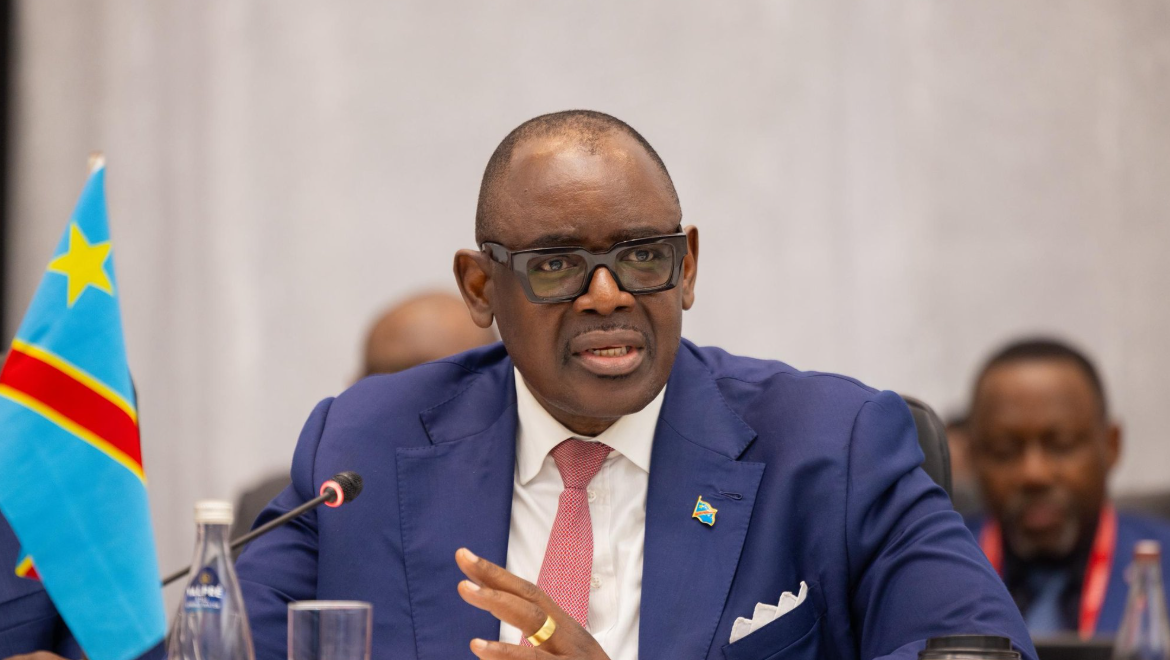The spat with Geneva-based IndustriALL, a global union federation that says it represents more than 50 million workers in 140 countries, comes as some of the world’s biggest companies, from Apple Inc. to Volkswagen AG, pursue multi-million-dollar deals for Glencore’s prized Congolese cobalt.
Working conditions at Glencore’s Katanga Mining Ltd. and Mutanda operations violate workers’ rights and need to be improved, IndustriALL said March 22 in an emailed statement after representatives visited Congo in February.
“Auto companies need to live up to their customers’ expectations,” IndustriALL General Secretary Valter Sanches said. “We’re not asking them to not buy from Glencore, we’re asking them to pressure Glencore to live up to Glencore’s own claims to produce responsibly and to respect workers’ rights.”
Glencore disputes the allegations, it said in a written response to the federation.
“Glencore strongly rejects the claim made by IndustriALL of slavery-like conditions at our operations in the DRC,” the company said.
The accusations include “a number of unfounded allegations based on factual inaccuracies,” it said.
While the commodity giant refutes the criticism, the spat reflects the growing scrutiny facing mining companies supplying consumer-facing manufacturers, who are increasingly keen to show the public that their materials have been sourced responsibly.
Glencore’s Katanga Mining and Mutanda operations, two of the biggest copper mines in the country, have been thrust into the global spotlight in the last year due to their vast reserves of cobalt. The relatively rare element is a key component in the batteries needed to power electric cars and combined the mines will produce as much as 58,000 metric tons next year, or about 40 percent of global supplies.
Prices for the metal have tripled in the last 18 months. That helped Glencore to report record profits in February but has also encouraged workers and the Congolese government to demand a greater share.
Strike threat
Four of IndustriALL’s affiliated unions are represented at Katanga and Mutanda. One of those unions, TUMEC, which represents about 375 workers, is threatening to strike and seeking support from the other groups, IndustriALL Director of Mining Glen Mpufane said.
“The problem is the whole structure of Glencore, where Glencore headquarters does not take responsibility for what happens at a national level,” Mpufane said by phone from Geneva, Switzerland. IndustriALL did not get authorization from the local government to visit the Katanga or Mutanda mine sites in February but interviewed employees in a separate venue, Mpufane said.
Glencore, which employs about 12,000 people in Congo across the two projects, says it has a constructive, open dialogue with its unions, and is committed to upholding the highest labor practices at all of its operations. It has never had a strike at its Congo mines, the company said.
Members of TUMEC are asking for increased food rations, improved medical care, higher salaries and more support with funeral costs for family members, Pierre Tshinguz, a spokesperson for the union, said in an emailed response to questions.
(Written by Tom Wilson)





Comments